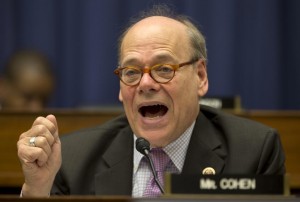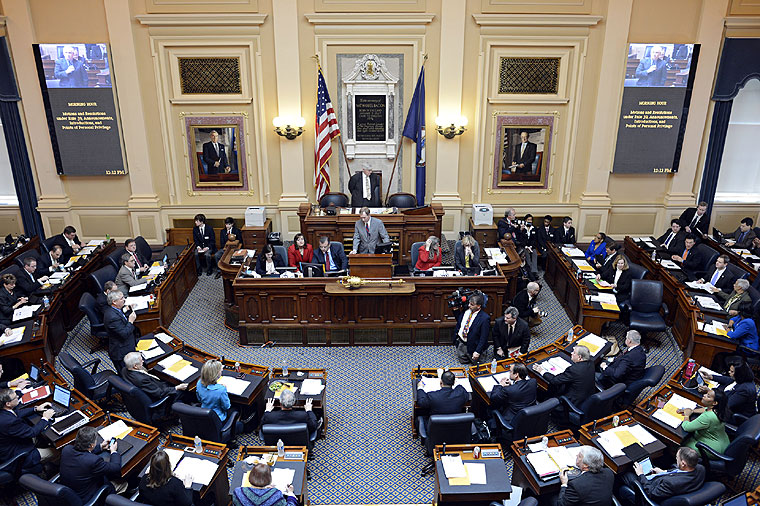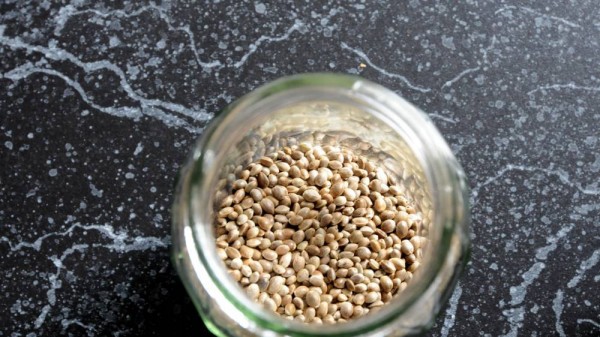Getting Vocal About Access To CBD Oil

Congressman Steve Cohen (TN-09) has made an unprecedented move and called on Attorney General Eric Holder to use existing authority to reschedule marijuana.
As CBD (cannabidiol) continues to make headlines for its growing list of therapeutic uses, supporters for this drug continue to make headway in bringing major issues to the forefront. Due in part to the countless families seeking out CBD as a component of marijuana to address serious medical conditions, Congressman Steve Cohen (TN-09) has made an unprecedented move and called on Attorney General Eric Holder to use existing authority to reschedule marijuana.
“Marijuana is currently a Schedule I drug. This is a category for drugs with no medical benefit. Not even cocaine or methamphetamine are Schedule I,” said Congressman Cohen. “Patients have used marijuana to treat epileptic seizures, Post-Traumatic Stress Disorder (PTSD), Parkinson’s disease, and nausea associated with cancer treatment. The federal government should be doing more to keep abreast of the science that has demonstrated that marijuana has medicinal value as well as not interfering with states that have recognized that fact.”
This letter goes on to detail one of Congressman Cohen’s constituents, 3-year-old Chloe Grauer. Chloe suffered from a rare neurological disease that caused her to have several hundred seizures a day. Her family tried a number of options to treat her disease including medications and surgery, but nothing stopped the seizures. They finally found CBD and attempted to treat their daughter with it. Unfortunately, because of marijuana’s schedule I classification and their inability to source CBD elsewhere, they were unable to access the CBD they hoped would finally relieve some of these debilitating seizures. Sadly, Chloe passed away late last year.
Unfortunately, this story has become more common in recent months with states pushing for bills to bring CBD access to their state, just to get caught up in other red tape. In Wisconsin, a law passed nearly a year ago to help children with seizure disorders hasn’t helped anyone here yet. Families who pushed for it say they feel duped and want to know what happened. Even though Wisconsin law says people can legally possess it, they still can’t get it.








